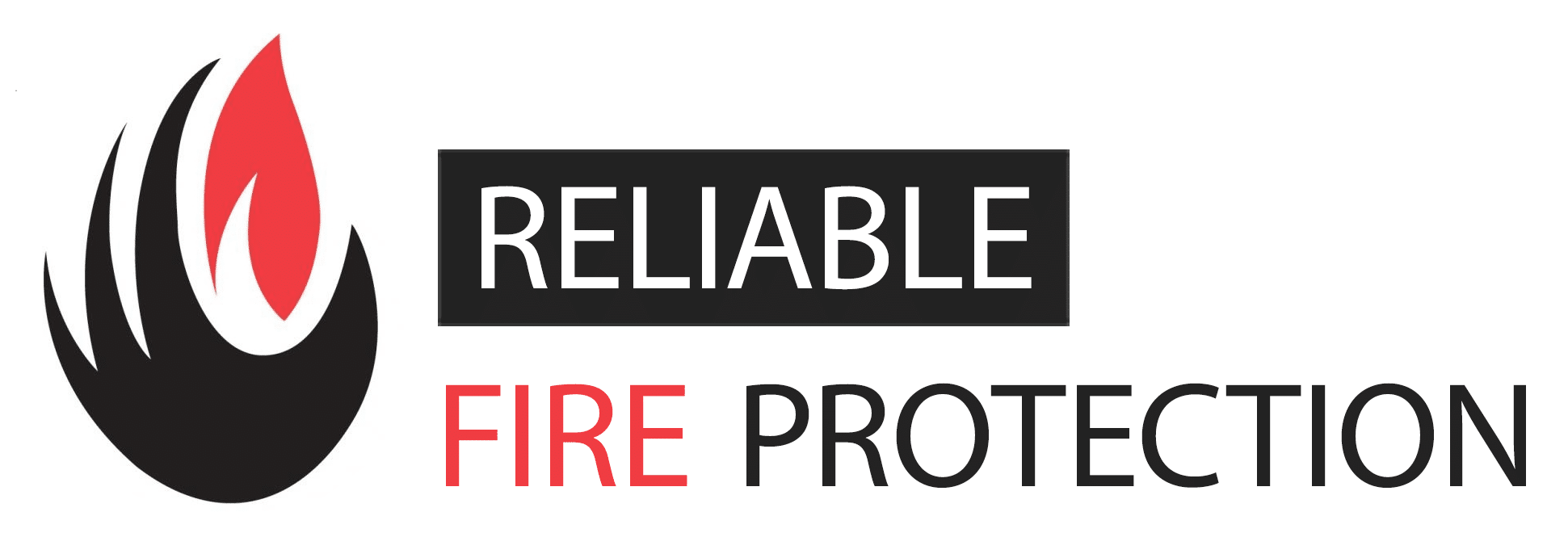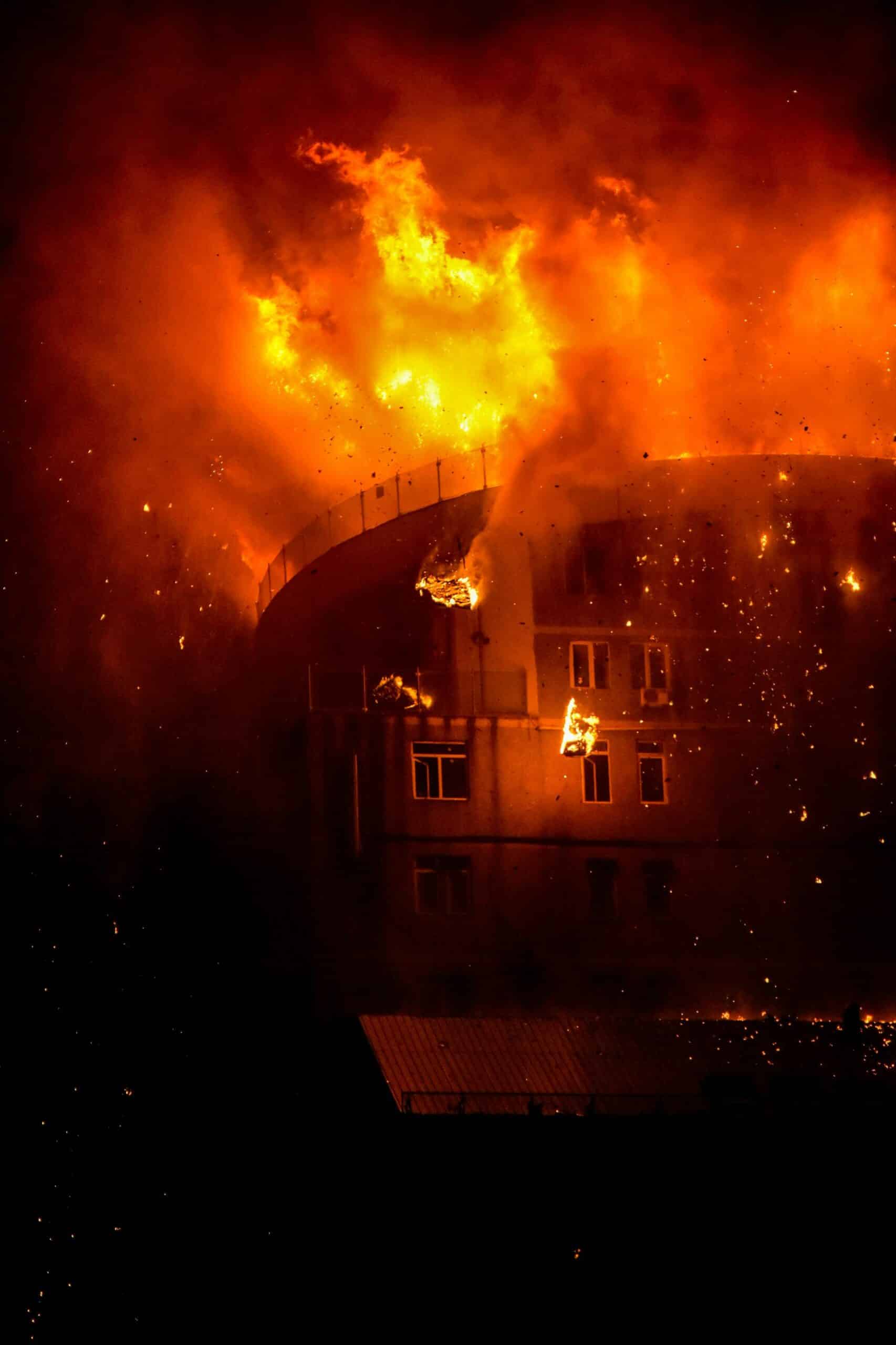
12 Bad Fire Safety Habits That Can Burn Down Your Workplace
The potential for commercial fires are more real than many people realize. Some of the usual culprits are also the most unlikely like light bulbs and laptops. Check around your workplace to see how you can improve in fire safety.
Oil Soaked Rags
If you work in a factory or workshop where piles of oil-soaked rags are a common site, beware of the fire starting potential. Left unattended, those rags are a true commercial fire hazard, as they can oxidize and spontaneously combust. To dispose of oily rags properly, place them in a metal can that’s been filled with water, and cover it with a tight-fitting lid, or lay them flat outside to dry.
Neglecting Appliance Recalls
Appliances caused an estimated 150,000 fires each year for the past decade, most were caused by defective appliances. To keep on top of recalls register the appliances in the company lounge or other common areas, with the manufacturer or go to www.recalls.gov to find out if any of your models are on the list.
Dryer Vent Lint Trap
If you have a place to wash and dry towels and other workplace textiles such as aprons, linens, etc. – pay attention to how often the dryer lint traps are checked and cleaned. Many people know that emptying the lint screen increases the dryer’s efficiency, but they don’t realize that lint is also flammable. Excessive heat along with lint buildup is a recipe for disaster. Clean the dryer vent and have the exhaust duct cleaned regularly by a professional. Also pay attention to the interior of the dryer frame, to clear away lint and clogs, and reduce the risk of workplace fires.
Letting Your Laptop Overheat
Pay attention to where employees rest their laptops. When you leave a laptop on a couch, rug, or other soft, flammable surface, you run the risk of restricting airflow through the cooling vents, which can cause your laptop to overheat and possibly catch fire. To prevent fires, keep laptops on a desk or table instead.
Choosing the Wrong Light Bulb Wattage
If you’ve ever thought to yourself, “It’s probably OK to use this 60-watt bulb in a 40-watt socket,” you’re not alone. You are, however, creating a fire risk. Installing a light bulb with a wattage that is too high for a lamp or light fixture is a leading cause of electrical fires. Always check the light fixture’s maximum wattage, and never go over the recommended rating.
Using Too Many Extension Cords
Extension cords are meant to be a temporary and not a permanent solution. Connecting a large number of cords for a significant amount of time can cause an overload that leads to a short circuit—which could ignite a fire. If you need additional outlets, hire a qualified electrician to install them, and you’ll avoid this fire hazard.
Employees Performing Tasks They Are Not Qualified To Do
Sure, Jake from Accounting is a great guy and very handy. A real renaissance man. Even if your wonderful employees insist on helping out with small repairs, remember that jobs involving electrical wiring, plumbing, and HVAC units should never be completed without a qualified professional, because gas leaks and electrical sparks resulting from improper installation are a common cause of office fires.
Disregarding Dust
Even built-up dust can be a fire hazard if it starts to collect in and around electronics, electrical sockets, and floor heaters. By dusting and vacuuming on a regular basis, especially behind electronics, you’ll significantly reduce the likelihood that particles of dust will catch fire due to prolonged exposure to heat sources.
Storing Batteries Improperly
When loose batteries roll around with other metals, such as screws or paper clips, the two terminals could short out and generate enough heat to ignite nearby flammables. Put a piece of electrical tape over the terminals, or store the batteries in their original packaging to prevent this possibility.
Overlooking the Range Hood
In restaurants, ovens and cooktops are the most common sources of kitchen fires but don’t overlook the range hoods which also pose a potential threat. Over time, grease that has built up on the vent hood filter can drip down onto the cooktop, possibly igniting a fire. From there, the flames could easily reach other flammable area, and before you know it, your restaurant goes down in flames. Regularly clean and maintain your range hoods.
Yes, Rodents Cause Office Fires
Mice and other rodents like to gnaw on electrical wires to the same way and for the same reason your dog likes to chew on rawhide. Over time, little mouse teeth can remove the sheathing, leaving the wires exposed. Unfortunately, the electric current that travels through the wire generates heat, and in the absence of sheathing this could lead to sparks caused by short circuits, which in turn could ignite the surrounding surfaces. If you suspect a rodent infestation, call a professional exterminator immediately.
Pay Attention To Furniture Arrangement
If office furniture is too close to a heat source, it could spontaneously ignite. Pyrolysis, a chemical decomposition of a combustible item, occurs when an object (say, a sofa) is continually exposed to a heat source and eventually dries out. All it takes is heat and time for ignition to occur.
Related Articles
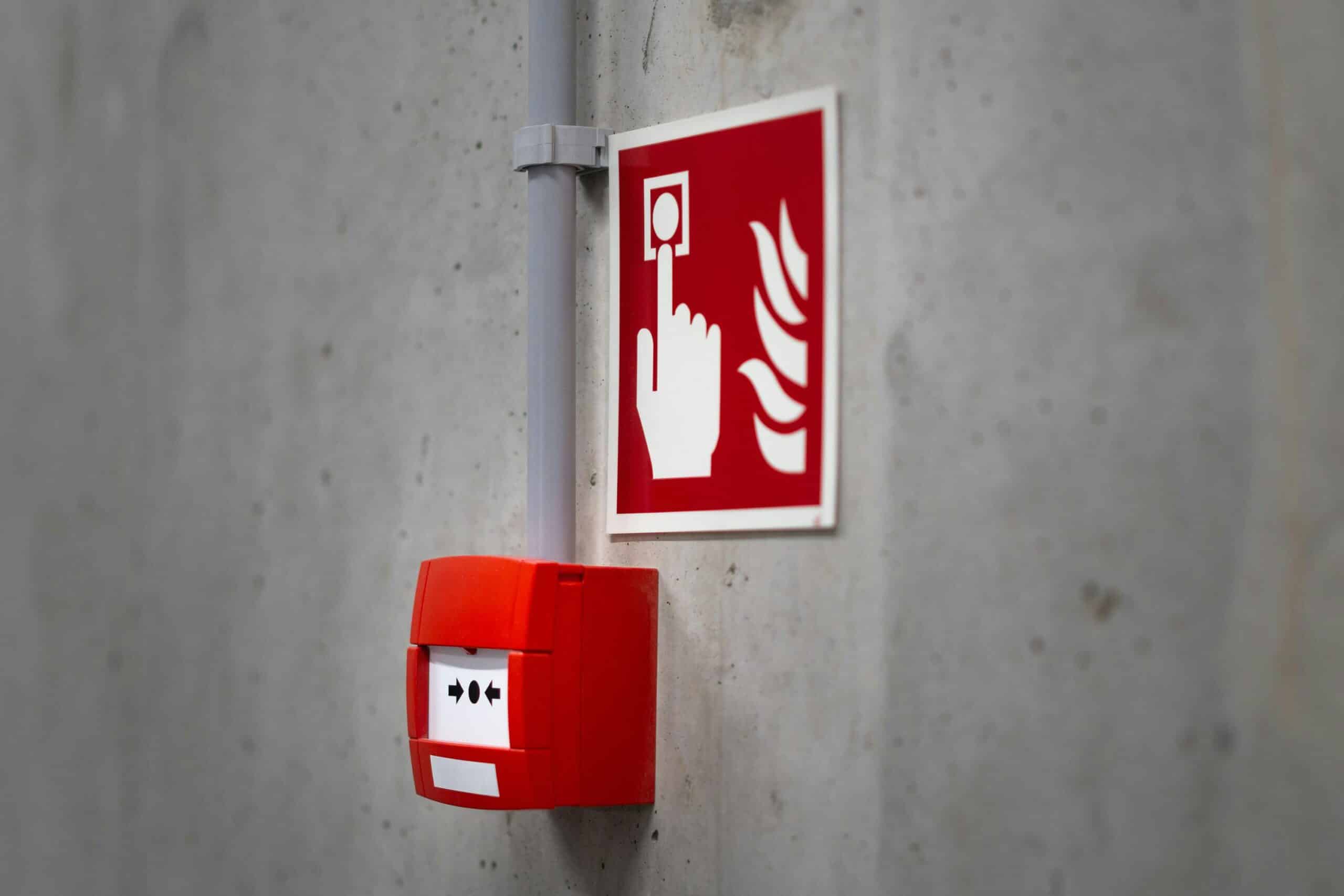
How Fire Protection Systems Lower Insurance Premiums
Installing fire protection systems not only protects your property but can also reduce insurance premiums. Insurers reward proactive risk management. Learn how your investment in safety can pay off.
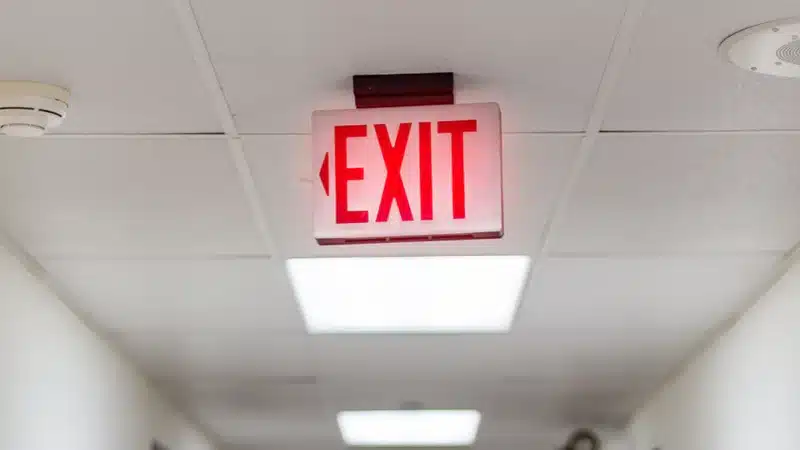
How to Avoid Common Workplace Fire Hazards
Many workplace fires are caused by preventable hazards like overloaded outlets or poor storage. This post highlights the most common risks and how to fix them. A few small changes can make a big difference.
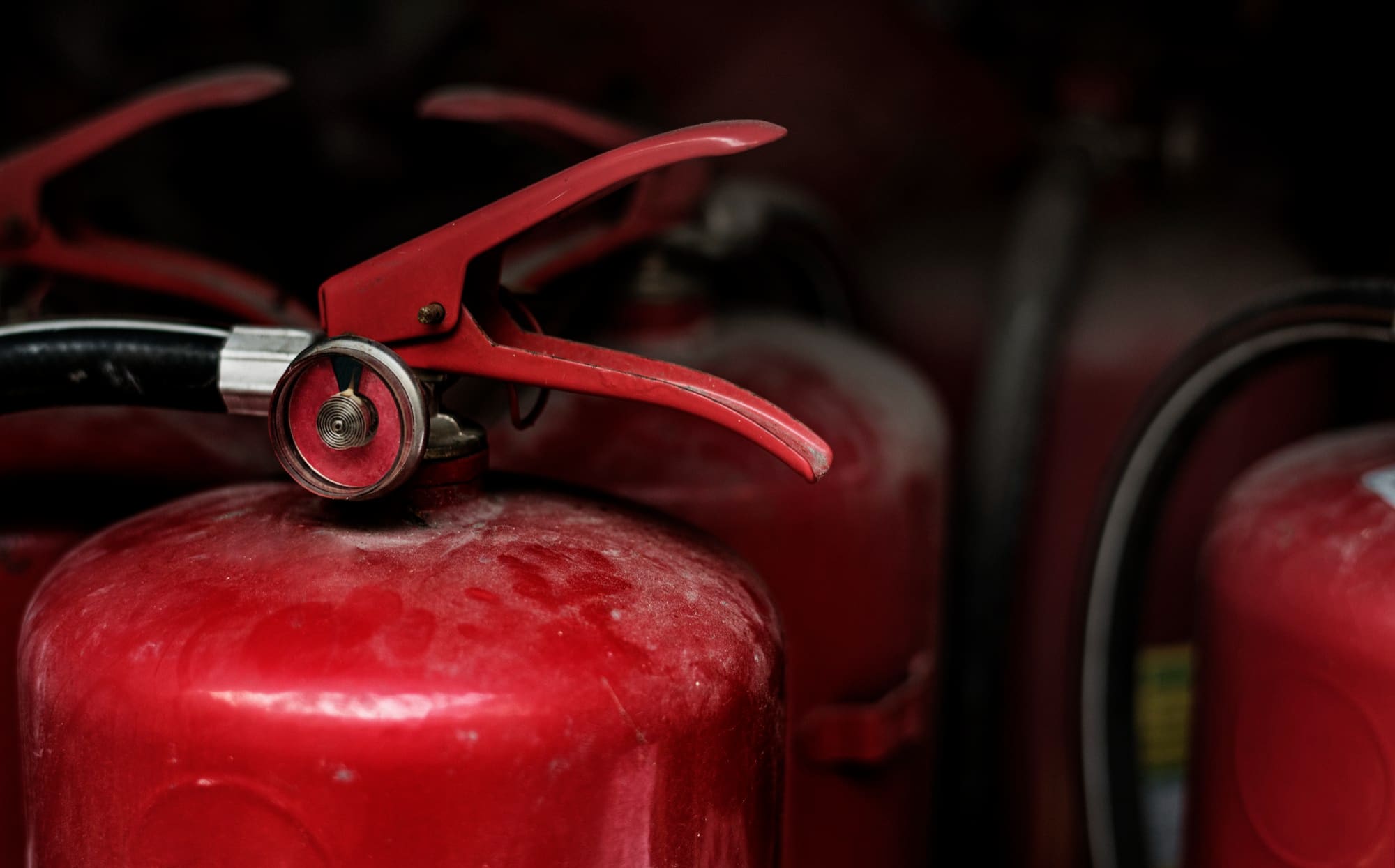
Understanding Types of Fire Extinguishers
Not all fires are the same—and neither are extinguishers. This guide explains the various types and what each is designed for. Using the wrong one can be dangerous, so it's crucial to know the difference.
